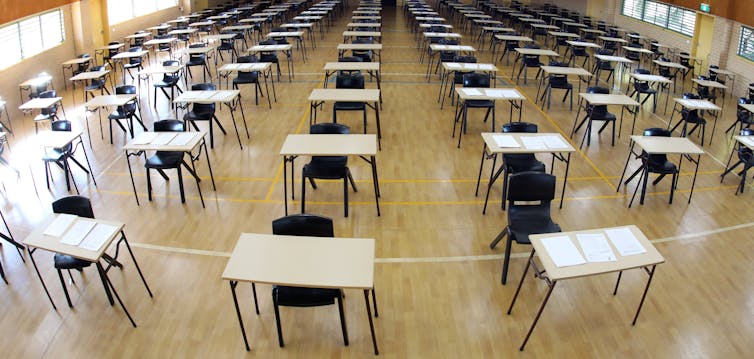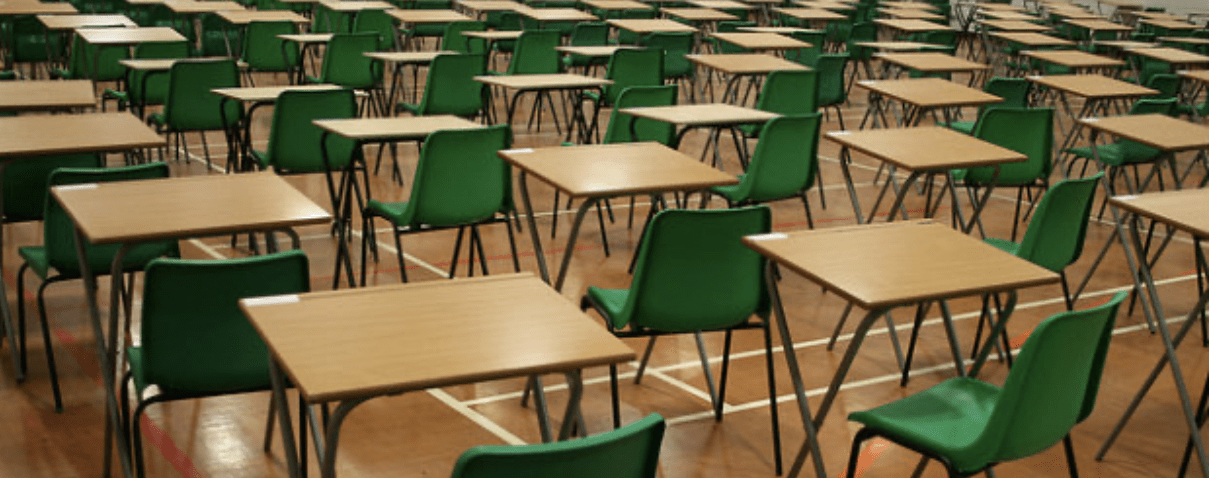A-level and GCSE cancellation: a missed opportunity to rethink assessment
By Blog Editor, IOE Digital, on 11 January 2021

GCSE and A-level exams in England have been cancelled, opening the door to a repeat of the confusion that marked the award of grades in 2020.
The cancellation of exams in March 2020 in England was followed by the realisation that an algorithm created to moderate the data provided by schools had led to significant reduction in final grades for many thousands of students. This debacle led to a crisis in public trust in national testing systems in England.
The students most likely to be disadvantaged by this method of grade awarding were from the poorest backgrounds. Within a few days of the results being announced, the Secretary of State for Education, Gavin (more…)
 Close
Close







